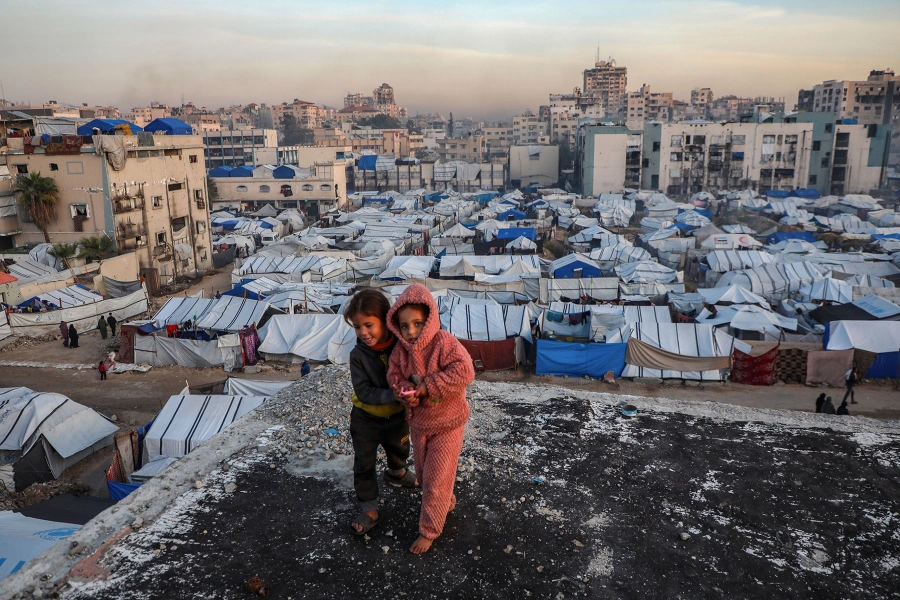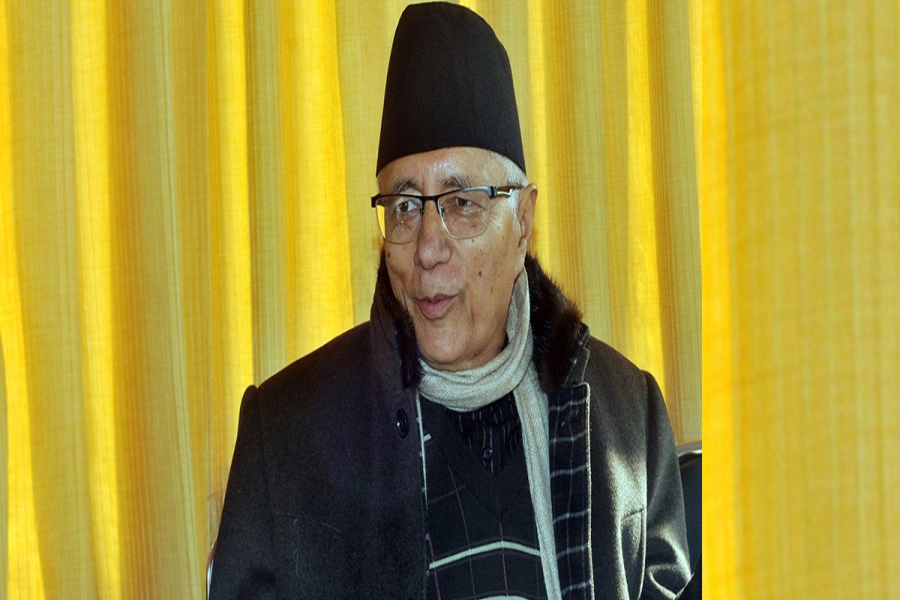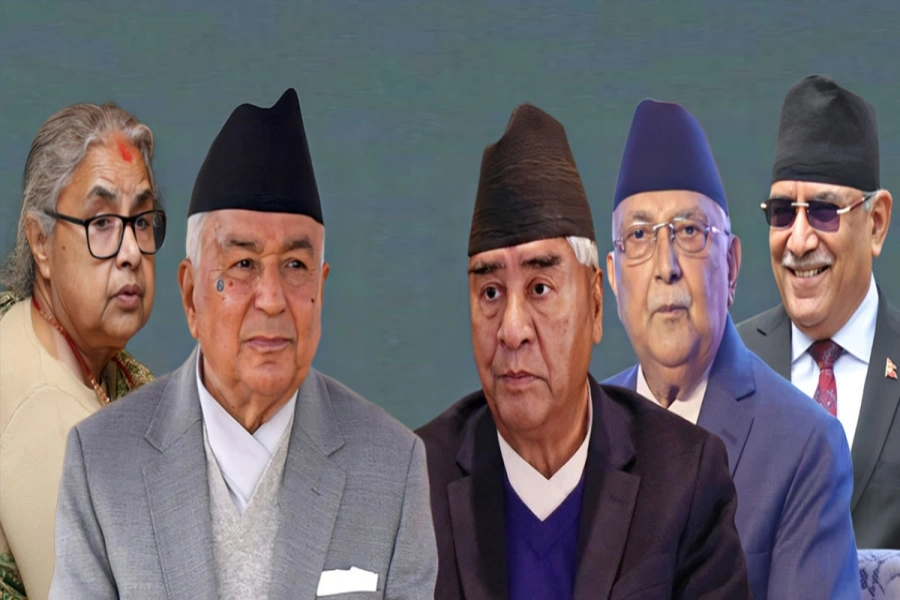The recent decision by Kathmandu Metropolitan City (KMC) to ban the sale, storage, and consumption of tobacco products within its jurisdiction has stirred both praise and concern among the public. While the intention behind the move, as declared by KMC Health Department Chief Ram Prasad Poudel, is to make Kathmandu a healthy city, the consequences of such a ban demand a closer examination. Undoubtedly, tobacco control is a crucial element in improving public health and creating a cleaner environment. However, the effectiveness of such measures, especially when implemented in isolation, needs careful consideration. The ban on tobacco products in Kathmandu, while well-intentioned, may inadvertently lead to negative consequences that require a holistic approach to address.
One glaring issue is the potential for a surge in black marketing and smuggling activities. Restricting the sale of tobacco products within the boundaries of Kathmandu may only serve as an invitation for consumers to turn to nearby municipalities that have not imposed such bans. This not only undermines the intended health benefits but also poses a risk of promoting illicit activities and trade. Moreover, the decision must be scrutinized for its impact on the livelihoods of people involved in the sale and distribution of tobacco products within the metropolis. The recent interim order from the Patan High Court, responding to a case filed by Shree Ram Tobacco Udhyog, highlights the potential economic repercussions. The court has temporarily prevented the implementation of KMC's ban, citing concerns about its adverse effects on responsible industries that contribute to tax revenue and operate within the legal framework.
Sale of tobacco products banned in Biratnagar

Ironically, the local government is enforcing a ban while the central government issues licenses for the production of tobacco products. This apparent conflict among different tiers of the government emphasizes the need for a comprehensive national consensus on tobacco control policies. A collaborative effort that involves all stakeholders, including the tobacco industry, is essential to strike a balance between public health concerns and economic considerations. The case of Surya Nepal, a producer of cigarettes which is one of the largest taxpayers to the government, for an instance, adds another layer to this complex issue. The tobacco industry's contribution to the national economy cannot be ignored, and a sudden and complete ban, as seen in Kathmandu metropolis, may have far-reaching consequences on employment, revenue generation, and the overall economic landscape.
To truly address the challenges posed by tobacco consumption, a multi-faceted approach is required. Instead of focusing solely on bans, efforts should be directed towards creating awareness and imparting education, especially among children in schools. Prevention through education and awareness campaigns is a sustainable and long-term solution to reduce tobacco consumption. While the commitment of KMC and its Mayor Balen Shah to a healthier city is commendable, the ban on tobacco products in Kathmandu should be reconsidered in light of its potential unintended consequences. A holistic approach that involves all stakeholders, respects legal frameworks, and prioritizes public health and economic sustainability is the need of the hour. The dialogue between the government, public health advocates, and the tobacco industry is essential to strike a balance that benefits both the well-being of the population and the economic interests of responsible industries.




































